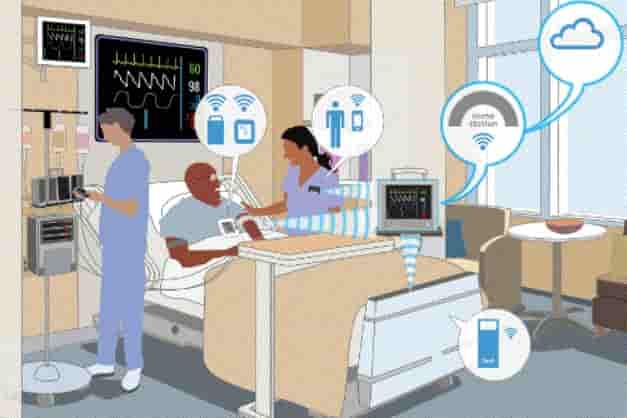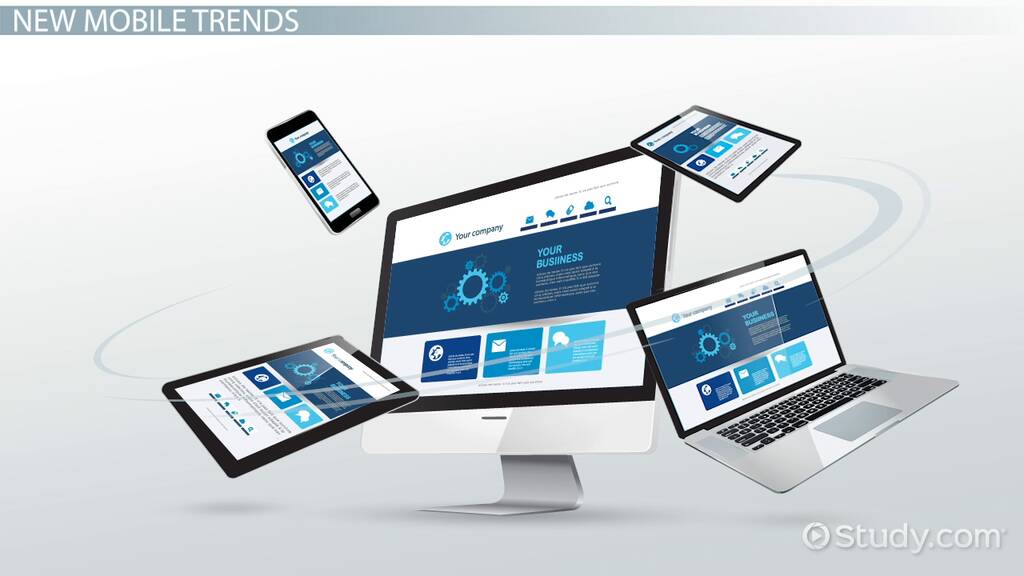Telemedicine
Telemedicine involves the use of mobile and wireless technologies to provide remote medical care. With telemedicine, patients can consult with healthcare providers from the comfort of their own homes, reducing the need for in-person appointments and saving time and money. Telemedicine can be particularly useful for patients with chronic conditions or mobility issues, as well as those living in rural areas with limited access to healthcare services.
Wearable Devices
Wearable devices, such as smartwatches and fitness trackers, are another mobile and wireless technology that is being used in healthcare. These devices can track a variety of health metrics, including heart rate, activity levels, and sleep patterns, and can provide valuable insights into a patient’s overall health. Wearable devices can be particularly useful for patients with chronic conditions, as they can help them monitor their symptoms and manage their health on a day-to-day basis.
Mobile Apps
Mobile apps are another mobile and wireless technology that is being used in healthcare. There are a variety of healthcare apps available, including those for medication reminders, symptom tracking, and mental health support. These apps can help patients manage their health more effectively and can provide valuable information to healthcare providers about a patient’s condition.
Remote Monitoring
Remote monitoring involves the use of mobile and wireless technologies to monitor a patient’s health from a remote location. This can include the use of sensors to track vital signs or the use of cameras to monitor a patient’s condition. Remote monitoring can be particularly useful for patients with chronic conditions or those who are recovering from surgery, as it allows healthcare providers to keep a close eye on their condition without the need for in-person appointments.
Conclusion
Mobile and wireless technologies are transforming the way healthcare is delivered and improving patient outcomes. From telemedicine to wearable devices, these technologies are enabling patients to manage their health more effectively and providing healthcare providers with valuable insights into a patient’s condition. As these technologies continue to evolve, we can expect to see even more innovative uses in healthcare and medicine.





